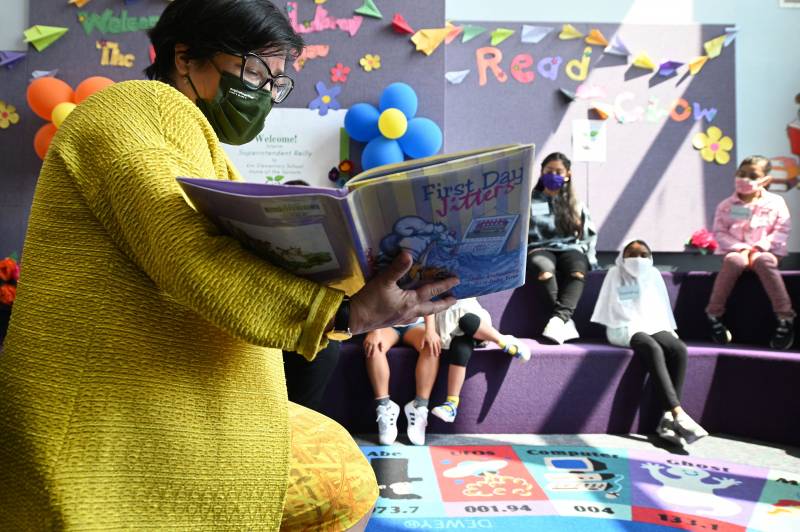After years in which reading scores throughout the state fell short, State Superintendent of Public Instruction Tony Thurmond announced a new initiative Tuesday that would get all California third grade students reading by 2026.
Though the specifics of the initiative have not been worked out, Thurmond said he plans to put together a task force of educators, parents and education experts within the next few weeks that will eventually make policy recommendations. Assemblymember Mia Bonta, D-Oakland, will author a bill for the upcoming legislative cycle that will address and fund those recommendations.
Research shows that students who aren’t reading at grade level by the third grade will struggle to catch up throughout their education career. During the 2018-19 school year, only 51% of California students in grades three through 11 tested at grade level or above in English language arts on the state’s Smarter Balanced tests; only 48.5% of third graders tested at grade level or above in English language arts.

